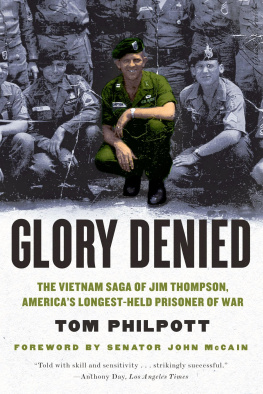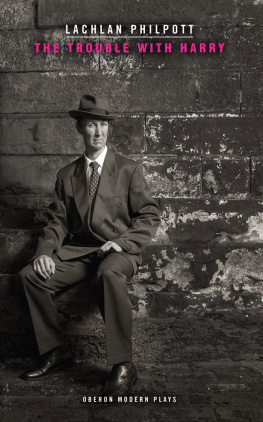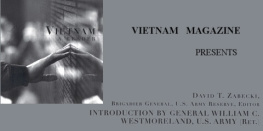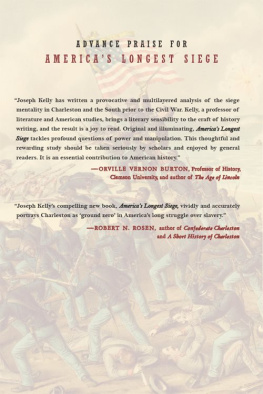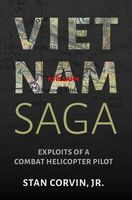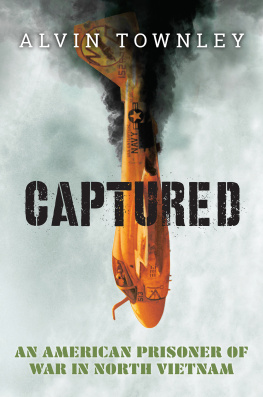Tom Philpott - Glory Denied: The Vietnam Saga of Jim Thompson, Americas Longest-Held Prisoner of War
Here you can read online Tom Philpott - Glory Denied: The Vietnam Saga of Jim Thompson, Americas Longest-Held Prisoner of War full text of the book (entire story) in english for free. Download pdf and epub, get meaning, cover and reviews about this ebook. year: 2012, publisher: W. W. Norton, genre: Detective and thriller. Description of the work, (preface) as well as reviews are available. Best literature library LitArk.com created for fans of good reading and offers a wide selection of genres:
Romance novel
Science fiction
Adventure
Detective
Science
History
Home and family
Prose
Art
Politics
Computer
Non-fiction
Religion
Business
Children
Humor
Choose a favorite category and find really read worthwhile books. Enjoy immersion in the world of imagination, feel the emotions of the characters or learn something new for yourself, make an fascinating discovery.
- Book:Glory Denied: The Vietnam Saga of Jim Thompson, Americas Longest-Held Prisoner of War
- Author:
- Publisher:W. W. Norton
- Genre:
- Year:2012
- Rating:5 / 5
- Favourites:Add to favourites
- Your mark:
- 100
- 1
- 2
- 3
- 4
- 5
Glory Denied: The Vietnam Saga of Jim Thompson, Americas Longest-Held Prisoner of War: summary, description and annotation
We offer to read an annotation, description, summary or preface (depends on what the author of the book "Glory Denied: The Vietnam Saga of Jim Thompson, Americas Longest-Held Prisoner of War" wrote himself). If you haven't found the necessary information about the book — write in the comments, we will try to find it.
Tom Philpott: author's other books
Who wrote Glory Denied: The Vietnam Saga of Jim Thompson, Americas Longest-Held Prisoner of War? Find out the surname, the name of the author of the book and a list of all author's works by series.
Glory Denied: The Vietnam Saga of Jim Thompson, Americas Longest-Held Prisoner of War — read online for free the complete book (whole text) full work
Below is the text of the book, divided by pages. System saving the place of the last page read, allows you to conveniently read the book "Glory Denied: The Vietnam Saga of Jim Thompson, Americas Longest-Held Prisoner of War" online for free, without having to search again every time where you left off. Put a bookmark, and you can go to the page where you finished reading at any time.
Font size:
Interval:
Bookmark:

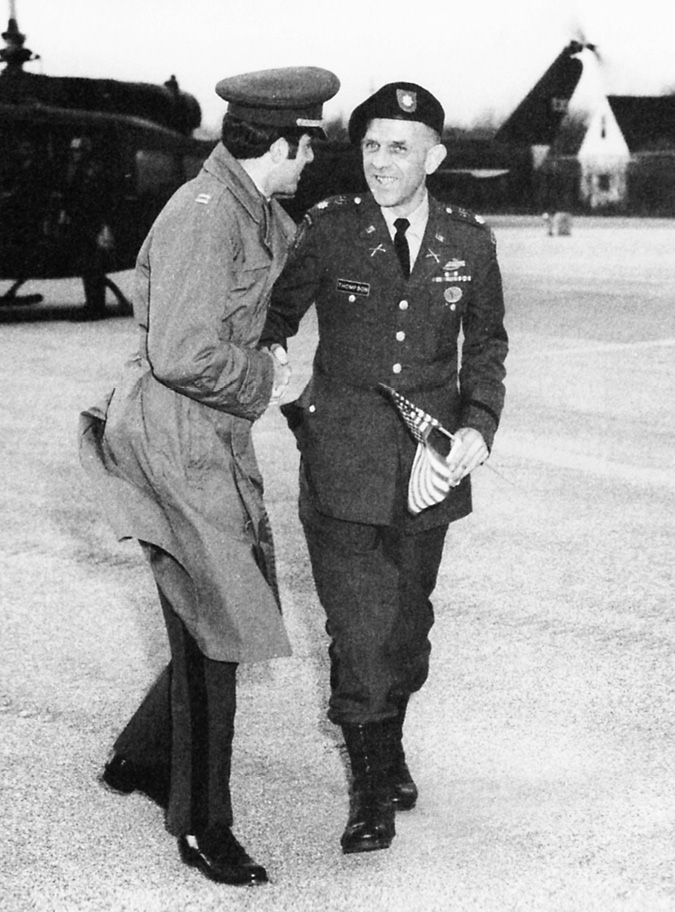
Part I
PRISONER
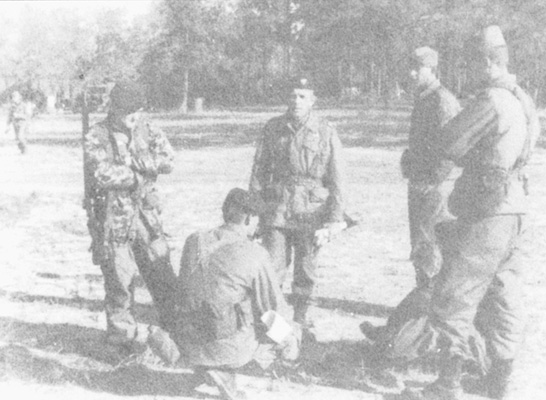
1  DYING
DYING
J IM THOMPSON I dont really know how far they would have gone, whether they would have killed me or not. I dont really know. But from the 21st of July 1964, my most recent escape attempt, until the 18th of August that year, I knew one of two things was going to happen. I would either go insane or I would die. Either my mind or my body was going to crack.
One thing they harped on was This isnt worth dying for. That more than anything preyed on my mind. I had some intelligence training, so I understood what they were doing. But even knowing, I couldnt change it. That was the hell of it. I couldnt change it. When they control your environment so completely, your morale can be manipulated at will. You can fight it to a certain point; you can minimize the effects of it. You cant completely get away from it.
Longer interrogation sessions, less and less sleep. The simple task of cutting wood became almost insurmountable. To pick up an ax, to bend down and blow on a fire, was enough to make me pass out. Just from weakness. They placed all manner of frustrating situations in front of me. Interrogation would last until well after dark. Then I had to scrounge around for wood. Or they waited to end a session until it was raining and the wood was too wet to build a fire. They took my boots and made me go barefoot in the jungle. They woke me up in the middle of the night and early in the morning and forced me to cut brush around the hut. Anything to cause me physical pain, to lose rest. It was a series of little things that together made daily life miserable.
Longer and longer interrogation sessions, more and more pressure, and finally the physical torture. Beatings, mostly, with bamboo across my back, legs, arms. An interrogator would stand in front of me and a guard behind. He would nod, signaling the guard to punctuate his remarks. Not an outright beating. Just punctuation. You must answer! Snap!
One day he said, You must abide by regulations of the camp. I said I understood. He said, The regulations are that you must not leave your hut without permission. You must obey the guards. Do you agree?
Yeah, I said, I understand.
The next day he called me out and blandly said, All right. Now were ready to take your statement.
What statement?
You agreed yesterday to answer all our questions.
I never agreed to that!
You agreed to obey camp regulations! One regulation is you must do everything youre told! Now write a statement!
I refuse Snap!
Far more severe than the physical abuse was the constant mental pressure. Its hard to describe in a meaningful way. Ive racked my brain to figure how to portray this. But without the threat of death, you cant recreate it. I sincerely felt the end was within sight. I didnt think these people were going to stop and I didnt think I would crack. I was absolutely determined not to crack. And I believed they would continue until... until I died.
2  THE PIT
THE PIT
P ASCAL BATSON I was a young resident in psychiatry at Walter Reed Army Hospital in the fall of 77 when chosen to take on a high-profile patient. Within the Army at least, Jim Thompson was identified not only as the longest-held prisoner of war in American history but as a very charismatic and effective speaker since his return. He had found in that identity of POW a real chance to shine. So he came to us as somebody who had been a star but then had a rapid and catastrophic descent. It was because of his unique circumstances and record that Thompson was sent here at all. Walter Reed offered the best chance for a definitive evaluation of his condition. The Army already had decided his career as an infantry officer was over. Thompson was to be moved into a secondary skill, personnel management. My job was to get him well enough to fill such a position here in Washington. If I couldnt, he would be medically retired.
So Jim was a medical evacuee to Andrews Air Force Base outside Washington in late November. A medical attendant met him at the airport and accompanied him to Forest Glen, an unusual facility the Army used then for inpatient psychiatry. It was a few miles north, into Montgomery County, Maryland, from the main hospital.
RONALD ERSAY I was a psychiatric consultant for patients with alcohol or other drug problems. Forest Glen was a fascinating place. We called it The Army Surgeon Generals Best Joke. The grounds themselves of this former womens college were crazy, adorned by odd statuary, a variety of old architecture, and a beautiful wooded landscape.
PASCAL BATSON They tried to keep our building clean, and walls got painted regularly. But it was old. Arriving patients were led down a poorly lit stairway to a metal door with a small mesh-screen window. It felt like a cellar. This was Ward 106, also known as The Pit.
RONALD ERSAY Those darkened stairs were like a scene from a horror story. Visitors could get lost just trying to find the ward. Once there, they must have wondered if they could ever find their way out again. Most new patients were either so out of touch anyway or so plagued with problems they couldnt get more scared.
PASCAL BATSON Once inside the ward, patients saw that they actually were at ground level with the rear of the building. So it wasnt really a basement. Still, the accommodations werent deluxe. Doors and windows were locked down tight. We practiced group therapy in those days, so patients lived in open bays. The idea was that community is therapeutic and patients were encouraged to get involved.
FRANKLIN JONES Forest Glen, while I was Walter Reeds director of psychiatry, had four wards altogether, up to one hundred thirty patients per ward. The average age was twenty-two. Average rank, private first class. Soldiers who had attempted suicide, like Lieutenant Colonel Thompson, were kept in the closed ward, under close supervision, until the staff knew they could be trusted. During the Vietnam War we had a ward solely for officers, but by 1977 it was no longer worth making the rank distinction.
PASCAL BATSON Clearly the locked doors and windows, the communal living, were a replay for Jim of his prisoner status. But it was very different treatment and accommodations from what he received only four years earlier when he returned from Vietnam. No bunting decorated the walls. Patients were not greeted warmly. Though a lieutenant colonel, Jim was thrown in with a lot of young enlistees who had been in the Army a very short time, some less than a week. Most were unable to tolerate the military. As there was no discrimination between officer and enlisted, neither was there discrimination between those with a psychotic illness and those who had a major affective illness such as depression. Jim, like the other patients, wore hospital pajamasblue blouse and pants and cloth belt. He had to keep his bunk made. Patients ate together, slept together, went to activities and therapy together. It was standard procedure that new patients be confined to the ward. So basically, Jim was stripped of rank and much of his freedom and individuality. It had a tremendous impact and brought home to him how far he had fallen.
At our first meeting, Jim didnt deny his suicide attempt. He explained he was just tired of everything going against him. He said he wanted some rest. He also made it very clear he didnt belong at Forest Glen. He was only there because he was ordered to be there, he said. He regarded it as confinement but we were not to assume we held him securely. He had escaped from prison before, he said, and this one would be very easy. You know, he told me when we met, I can break out of here in three minutes.
Next pageFont size:
Interval:
Bookmark:
Similar books «Glory Denied: The Vietnam Saga of Jim Thompson, Americas Longest-Held Prisoner of War»
Look at similar books to Glory Denied: The Vietnam Saga of Jim Thompson, Americas Longest-Held Prisoner of War. We have selected literature similar in name and meaning in the hope of providing readers with more options to find new, interesting, not yet read works.
Discussion, reviews of the book Glory Denied: The Vietnam Saga of Jim Thompson, Americas Longest-Held Prisoner of War and just readers' own opinions. Leave your comments, write what you think about the work, its meaning or the main characters. Specify what exactly you liked and what you didn't like, and why you think so.

